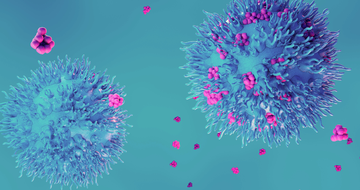The shortage of oncology drugs and supportive care products is a clear and present danger to cancer treatment and outcomes. When there is a shortage of essential cancer-care products, chemotherapy timing can be disrupted, doses or regimes may need to be altered, and in the worst-case scenario, doses may be missed altogether.
To better understand the scope of these drug shortages, and how clinical care is impacted, a group of HOPA members launched a survey between December 2019 and July 2020. The research and analysis were published by the Journal of Clinical Oncology on May 11, 2022.
Authors: Ali McBride, PharmD; Sarah Hudson-Disalle, PharmD; Jeff Pilz, PharmD; Mark Hamm, PharmD; Brooke Boring, MPH; Larry W. Buie, PharmD; and David L. DeRemer, PharmD.
Read the "National Survey on the Effect of Oncology Drug Shortages in Clinical Practice: A Hematology Oncology Pharmacy Association Survey" at JCO or download it as a pdf.


